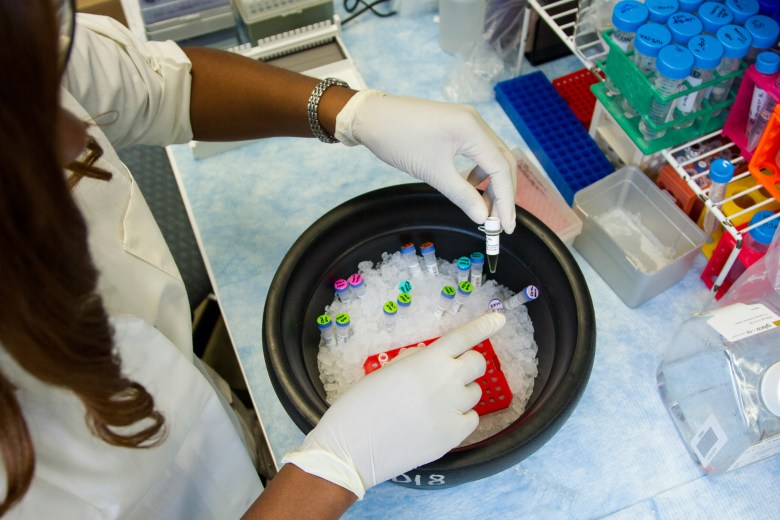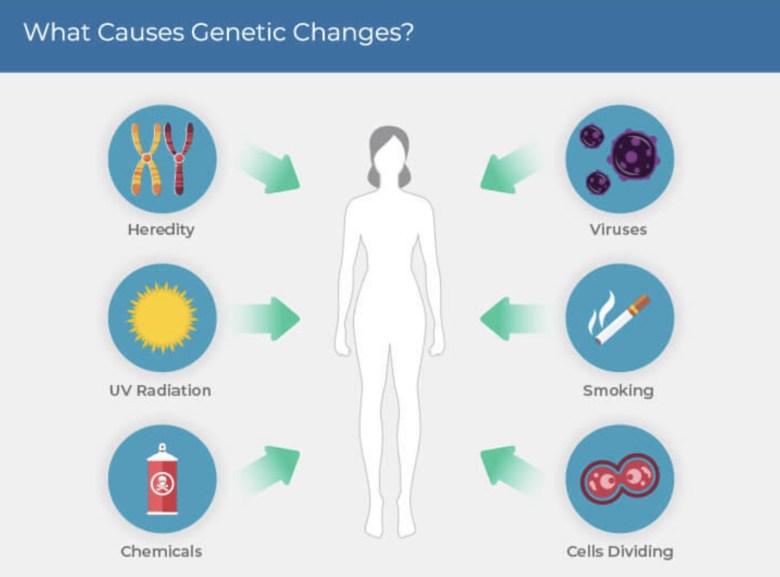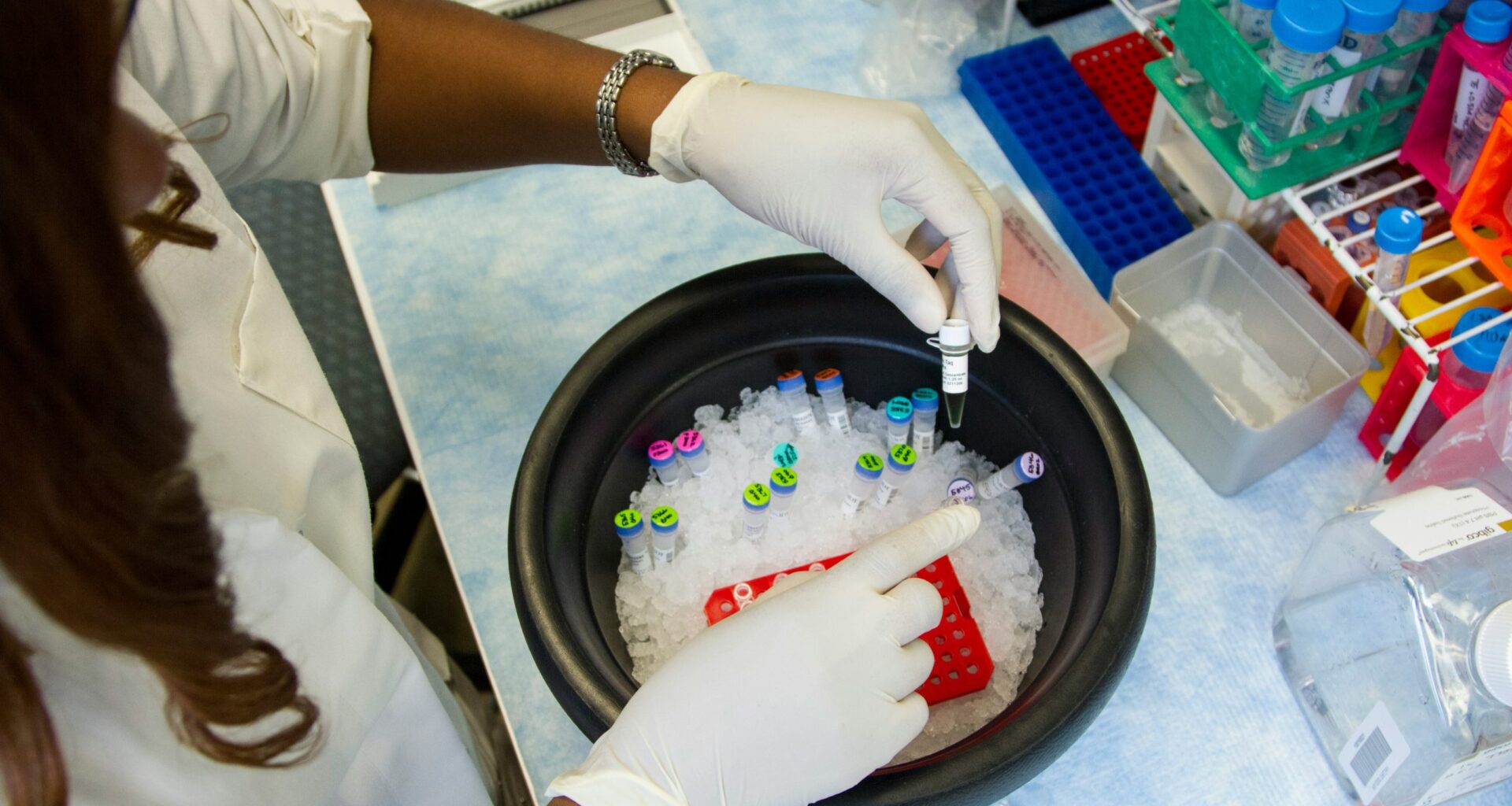By Tashi McQueen
AFRO Staff Writer
tmcqueen@afro.com
With around 280 million people worldwide living with a genetic disease, it’s crucial that expectant mothers and families seek genetic counseling as early as possible.
“It’s not just about getting information; it’s also about having the time and space to ask the hard questions, process the answers and make truly informed decisions with clarity,” said Natalie Sampson, a board-certified genetic counselor.
Genetic counseling includes finding the right tests, collecting blood or saliva samples, and helping parents understand their options. Test results typically take three to four weeks, said Sampson.
Geraldine Bliss, a health advocate and founder of CureSHANK, emphasized the importance of accurate diagnoses through genetic testing. CureSHANK is a nonprofit dedicated to finding treatments for Phelan-McDermid syndrome (PMS), founded for her son who has the disease.
 Early genetic counseling gives families crucial information and support, turning uncertainty about rare diseases into informed decisions, community connections and hope for their children’s health and future. (Photo Credit: Unsplash Photo/National Cancer Institute)
Early genetic counseling gives families crucial information and support, turning uncertainty about rare diseases into informed decisions, community connections and hope for their children’s health and future. (Photo Credit: Unsplash Photo/National Cancer Institute)
“It prevents doctors from prescribing the wrong medications,” said Bliss. “Parents need to know that it is scary when you have a child who has a whole constellation of complicated health problems. Trying to navigate this by yourself, without any answers, is the hardest situation.”
Bliss said that if parents can get their child a genetic diagnosis, in most cases, there’s a community of support awaiting them.
“There is likely to be a community of support online through Facebook, Instagram or Tiktok that you can connect with and learn about,” she said. “Often, those families know more than most doctors about how to take care of individuals with that particular genetic condition. That alone is worth so much.”
With proper guidance, families can understand the risks for sickle cell and other rare diseases and make informed decisions about their child’s health.
Sickle cell disease is a major inherited condition, especially for African Americans. According to the Centers for Disease Control and Prevention, it affects about 100,000 Americans, and over 90 percent of them are Black.
“Sickle cell isn’t just a diagnosis; it affects every part of a child’s life, from early infancy into adulthood,” said Sampson. “It can impact energy levels, cause pain crises, increase the risk of infection and even affect organs over time.”
Sampson said many parents are unaware that they carry the trait, which can pose serious risks.
 From heredity to environmental influences, numerous elements can trigger genetic changes within the human body. Genetic testing plays a vital role in identifying these alterations, informing medical decisions and guiding preventative strategies. (Photo Credit: Chart courtesy of the National Cancer Institute)
From heredity to environmental influences, numerous elements can trigger genetic changes within the human body. Genetic testing plays a vital role in identifying these alterations, informing medical decisions and guiding preventative strategies. (Photo Credit: Chart courtesy of the National Cancer Institute)
“When two people who each carry the trait have a child together, there’s a 25 percent chance with each pregnancy that the child will inherit the disease,” said Sampson. “Through genetic counseling, they can learn about the condition, discuss different paths forward and feel supported throughout the process. Regardless of the end decision, knowledge becomes a tool, not a burden.”
Parents should also be aware of Tay-Sachs, blood disorders that can cause anemia, and hereditary cancers, which genetic counseling can help detect. Tay-Sachs is a fatal childhood disorder that gradually deteriorates the central nervous system, beginning early in pregnancy. Cancer can develop from DNA changes that can occur at any point in life, even in utero, according to the National Cancer Institute.
Sampson warned that while genetic testing has become more accessible, parents should be cautious of at-home tests or non-expert orders.
“A part of what we do in genetic counseling is making sure we’re ordering the appropriate tests and that it’s medical grade,” she said.
Sampson and Bliss also highlighted several disparities in genetic testing that remain.
“Unfortunately, research shows that Black patients are less likely to be offered genetic testing,” said Sampson. She and Bliss encourage people to educate themselves about genetic testing and speak up with their doctors to make sure they receive the tests they need.
“Most genetic research has historically focused on people of European descent which means variants in Black and Brown populations may be classified as uncertain which can leave more questions than answers,” said Sampson. “The more people from diverse backgrounds who undergo testing, the stronger and more accurate the genetic databases become for everyone.”
Ultimately, genetic testing can help parents and families be better equipped to handle the important and often challenging choices they must make regarding their children’s health. With the support of a genetic counselor, a dark, uncertain path can become one filled with clarity, hope and guidance.
